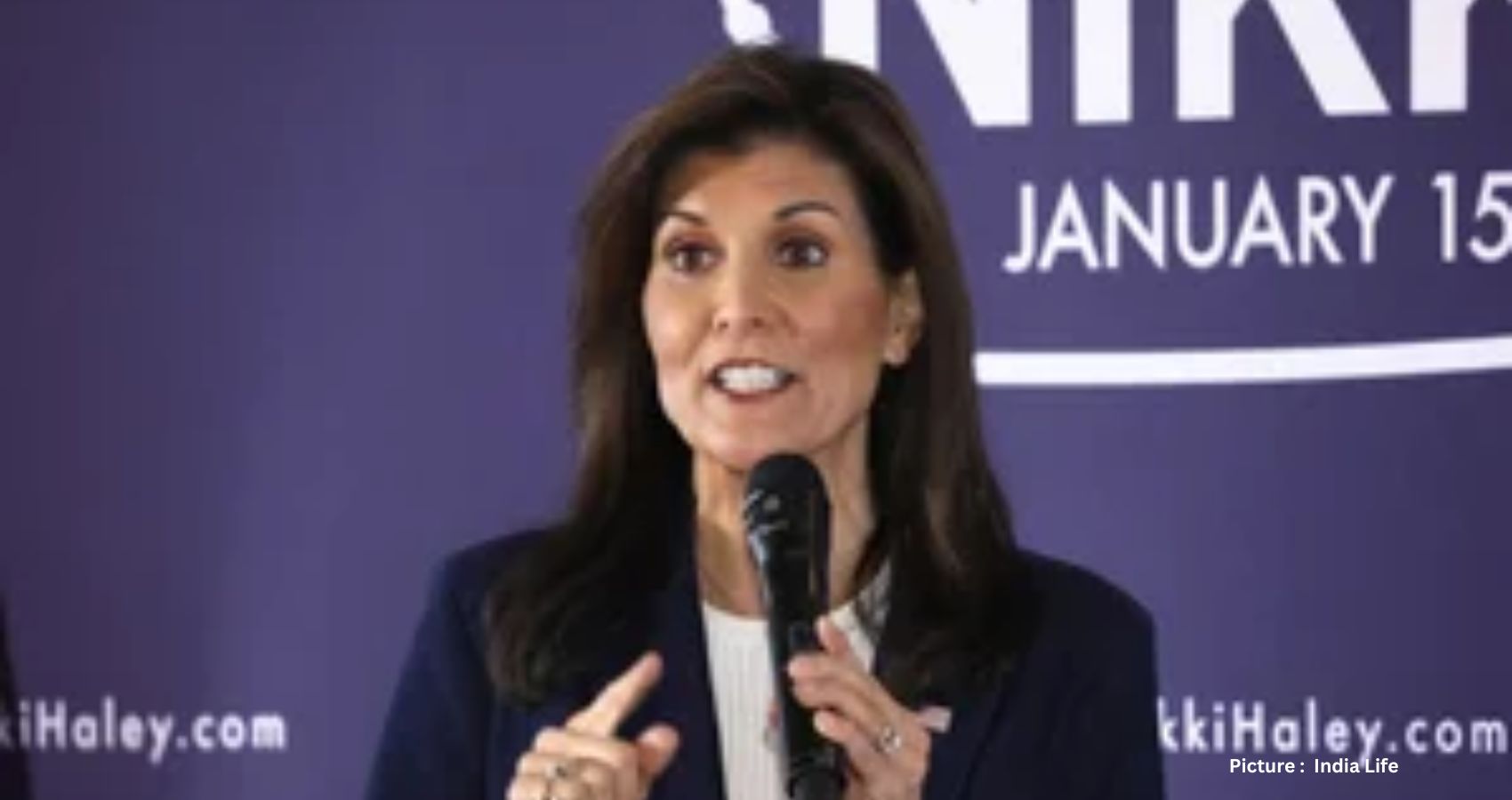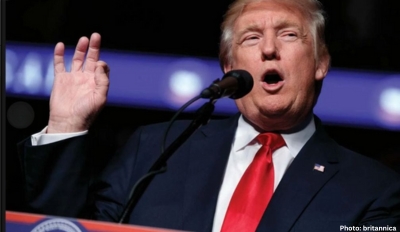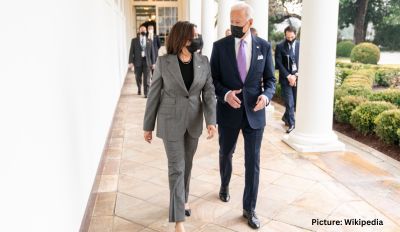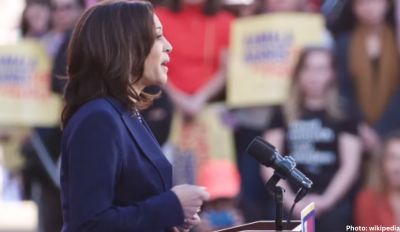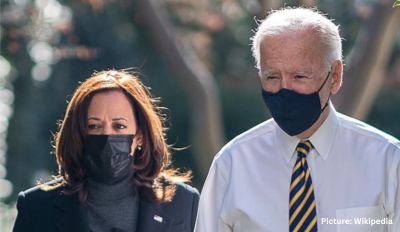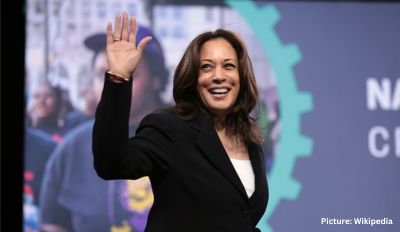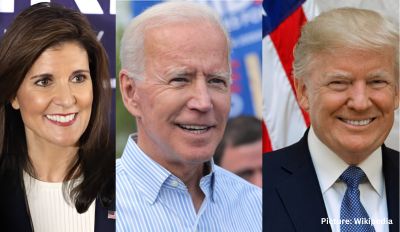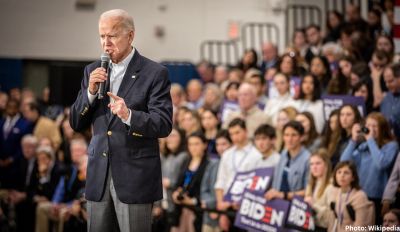Nikki Haley Joins Hudson Institute as Chair, Eyes Presidential Run
The Hudson Institute, a conservative think tank based in Washington, D.C., revealed on April 15th that Nikki Haley, former GOP presidential contender, will be taking on the Walter P. Stern chair. This move sees the former U.S. ambassador to the United Nations and former South Carolina governor become the fourth member of Trump’s cabinet to do so, as reported by The Guardian.
Expressing her thoughts on the significance of robust partnerships and the necessity of identifying adversaries, Haley underscored the crucial role of Hudson’s mission. She stated, “They believe that to secure a safe, free, and prosperous future for all Americans, citizens must be informed, and policymakers must be equipped with solutions. I am thrilled to collaborate with them in safeguarding the values that have distinguished the United States as the premier nation on Earth.”
Haley’s new position allows her to maintain a prominent presence while contemplating a potential second bid for the presidency in 2028, according to The Hill.
John P. Walters, President and CEO of Hudson, lauded Haley as “a proven, capable leader in both domestic and foreign affairs.” He commended her for remaining resolute in defending freedom and advocating for American security and prosperity amid global political turbulence.
Despite securing victories in Vermont and the District of Columbia, Haley opted to suspend her presidential campaign in March following a substantial defeat in the Super Tuesday primaries. Throughout her campaign, she positioned herself as the prime candidate to steer away from the policies of the previous administration. Haley’s campaign strategy in its final weeks involved intense criticism of both Trump and Biden, highlighting their age and urging the emergence of a new generation of leaders. Notably, polls suggested that in hypothetical matchups against Biden, she outperformed other leading Republican contenders.
Haley directed sharp criticism towards Vice President Kamala Harris, asserting to the people of South Carolina that one of them—either herself or Harris—would soon occupy the presidency. She consistently targeted Trump during her campaign, particularly criticizing his foreign policy stances and the escalating national debt, stressing that “Chaos follows Trump” on two occasions.
Nevertheless, as noted by NPR, Haley encountered challenges in maintaining a coherent message, balancing the need to appeal to the Republican base while also attracting independents, moderate Republicans, and disenchanted Trump voters. During a campaign stop in New Hampshire, she stumbled by not explicitly mentioning slavery as the cause of the Civil War, though she promptly corrected her error.
Similarly, Haley faced scrutiny over her response to a controversial ruling by the Alabama Supreme Court that threatened access to in vitro fertilization (IVF). She asserted that “Embryos are babies,” in an interview with Ali Vitali of NBC, but later clarified her stance, emphasizing the importance of preserving fertility treatments for women during an interview with Newsman.
Although Haley gained momentum towards the end of last year, surpassing Florida Governor Ron DeSantis in several polls, she ultimately fell short of overtaking the former president, who remains the presumptive Republican nominee for the presidency.

